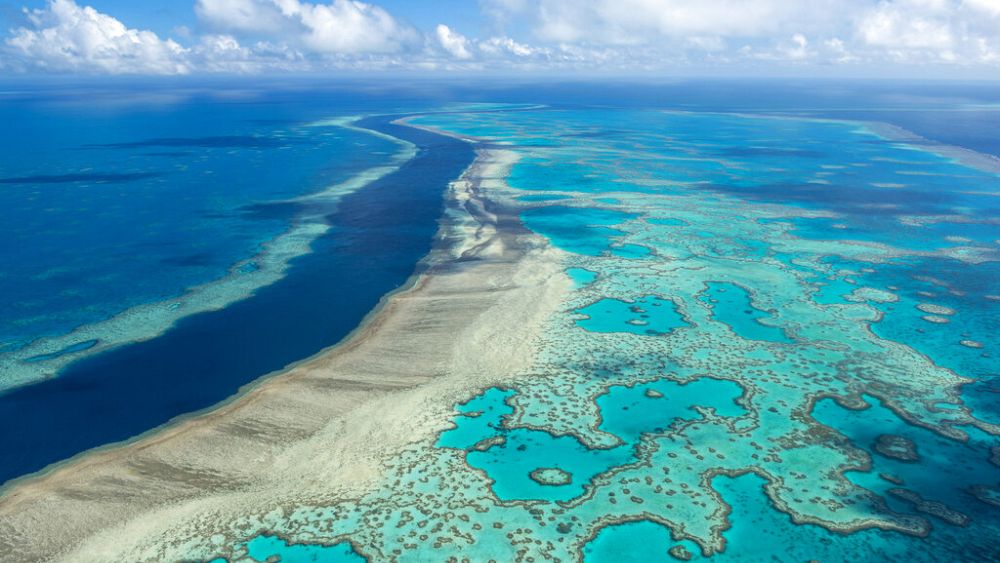Australia’s natural environment is in very poor condition and facing further degradation, according to a five-year survey of the country’s ecosystems. According to the report, Australia’s wildlife has undergone extensive and sudden changes, mainly due to human activities, pollution, habitat loss, mining, threats from climate change and invasive species.
A government-commissioned, 2,000-page survey found that 19 ecosystems are on the verge of collapse, Australia now has more non-native plant species than indigenous people, and the country has lost more species to extinction than any other continent.
According to Environment Minister, Tanya Plibersek, the document is “appalling”.
“There have been years of warnings kept secret or ignored, many false promises, acts of undermining public confidence, brutal financial cuts, willful neglect, and laws in place that do not protect the environment or help the reasonable course of development while nature is being rapidly destroyed. It’s time for a change. Australia’s natural environment is bad and getting worse, the survey shows. The destruction detailed in the State of the Environment Survey will take years to reverse. However, I am optimistic about the steps it can take in the next three years.”
In recent years, Australia has been hit by severe droughts, historic bushfires, record flooding, and mass bleaching events on the Great Barrier Reef. The report found that Australia does not have an adequate legal framework to protect the environment, and is instead trying to deal with problems at different levels of government through confusing regulations.
“Our laws are not serving us, they are weak,” says Kelly Ochanasi, chief executive of Environment Australia. “But our new government has promised to fix and fix it. It will be necessary very quickly, or the endangered species of our lifetime will become extinct.”
On the same day the shocking report was published, an article was published highlighting shocking shortcomings in Australian environmental laws. More than 1,000 hectares of koala habitat could disappear if investment in a proposed coal mine in Queensland continues. Although marsupials are considered endangered due to habitat loss, there is no law requiring investors of the proposed mine to conduct an impact assessment before moving forward with development, as it is expected to produce less than 2 million tons of coal annually. The previous government accepted the mine plan back in March.












































